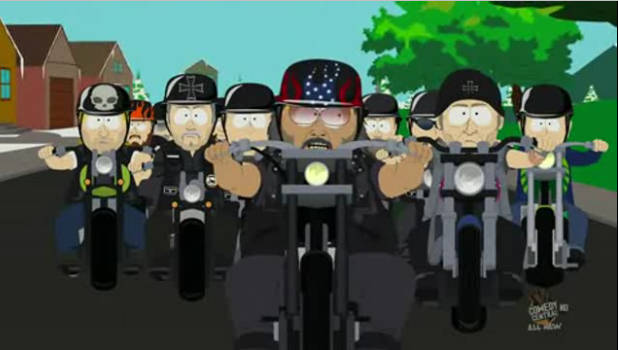IAN WILMUT ON SCIENCE FRIDAY: Says He Prefers International Regulation; Believes Research in the Short-Term Has Been Oversold; Argues that Fetal Research Before “Consciousness Begins” is Moral
Ian Wilmut appeared on NPR’s Science Friday this past week to promote his new book and to discuss developments in human cloning. Below are a few highlights from the transcript. Go here for the full archived audio.
On International Regulation and the Possibility of Reproductive Human Cloning
FLATOW: So is it possible that there might be rogue scientists out there who, themselves, would take on human cloning for a person?
Dr. WILMUT: I think is extraordinarily unlikely. The people who’ve talked about this in the past, it seems to me, have been advertising themselves but actually not doing anything. And I think this is a fear which is greatly exaggerated.
FLATOW: What kind of regulation do you think we need? International regulation?
Dr. WILMUT: I think that would be preferable. But given the different cultural histories, it may not be easy to achieve it. And so I’d be quite content to see each country preparing its own regulations. And it is, of course, very disappointing that this country hasn’t done so.
FLATOW: Do you think it’s inevitable that we’re going to have a cloned person?
Dr. WILMUT: No.
FLATOW: No. Not like nuclear proliferation where there’s going to be, you know, cloning proliferation somewhere.
Dr. WILMUT: It might happen. But I think it depends on how we behave. And I think that it is quite possible for societies – it is, of course, possible for societies to come to different conclusions.
But I think, you know, a perception that we should have is that there are disadvantages to most technologies. We’re using electronic equipment to make this broadcast, which comes from essentially the same physics that blew up to a Japanese city sixty years ago.
What’s key all the time is for societies to discuss things, to be informed about things – which clearly you make a great contribution to – and then to prepare regulations.
On Mischaracterization of Research and on Whether the Promise of Research Has Been Oversold
FLATOW: Do you think there is a – there is a concerted effort to mischaracterize what human cloning is?….
Dr. WILMUT: Yes, you described this as being a sort of deliberate misleading. And I’m not sure if I would describe it like that, but I’m sure there is a great ignorance about this. And this was one of the reasons for writing the book, to explain exactly what is involved, the stage of developments of embryo from which we take the cells, and to try to lift people’s eyes to a greater horizon as to what can be achieved by research in this area. That was our aim.
FLATOW: Has it been oversold? You know, we talk about genetic engineering. We haven’t seen a whole lot from that yet.
Dr. WILMUT: I think in the short-term, perhaps it has. There are different time scales on there. People doing research have to be optimists to follow that way of life. And it may be that inadvertently we do oversell things. But in the long run, no, I don’t think it’s been oversold. There’ll be a lot of things come from this area of research.
On the Ethics of Human Embryo Research
Dr. WILMUT: I understand that to some people what we’re suggesting is deeply offensive. And, of course, I accept that there are different points of view. In terms of working with embryos, I would wish to be sure that they understood exactly the stage of development that we would be working with. The embryo is smaller than a grain of sand. The micromanipulations we carry out with very sophisticated equipment and very skilled colleagues, of course, and that its weeks before the time when there would be the beginnings of a nervous system. Now, to me personally, the key human characteristic is being conscious, aware, being able to form intellectual relationships with people, something, which, of course, would happen much, much later in the life of a developing person. But until the point when that begins to occur, which is sometime after the stage we would take cells, I think this is a potential person, but not yet a person. And that’s the reason why, to me, it’s an acceptable thing to do.





